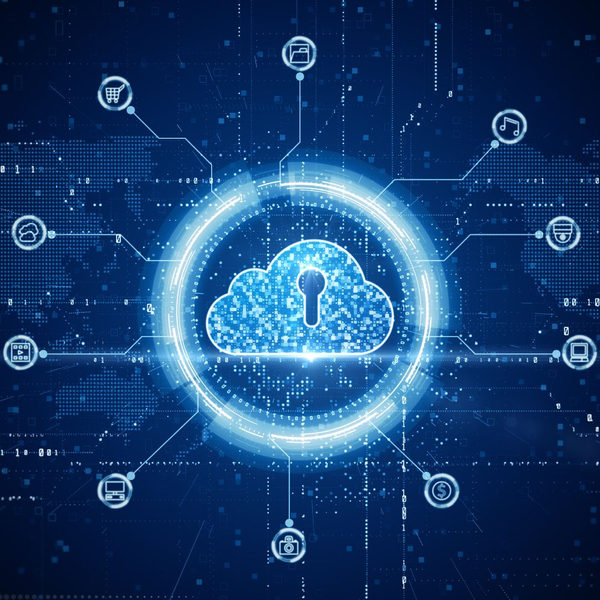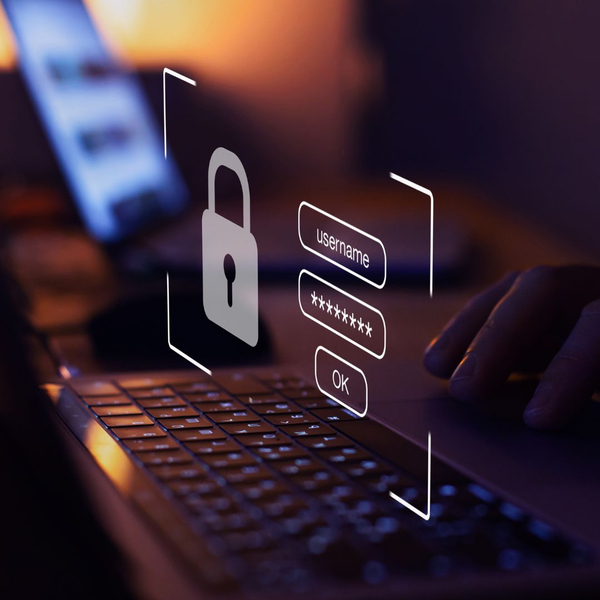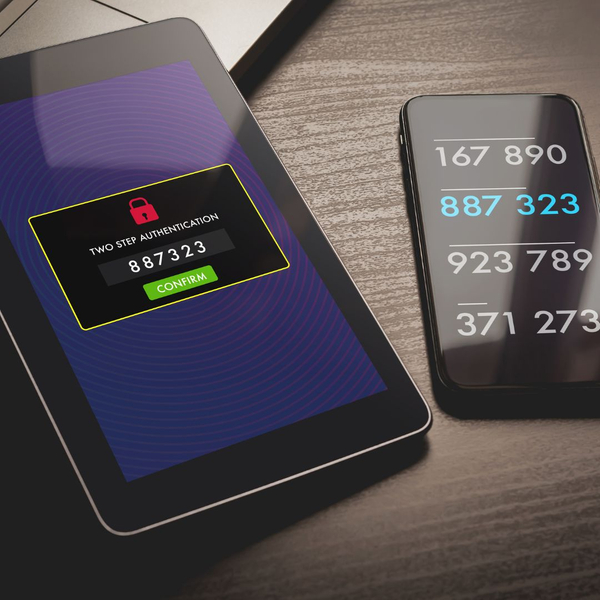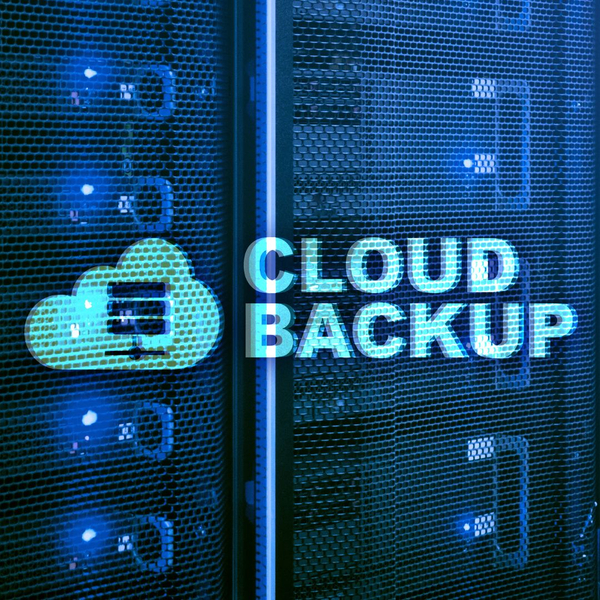Stryker Corp. has sued a former employee for allegedly downloading multiple folders of data to a personal thumb drive before resigning. The former employee also deleted hundreds of documents from her company-issued laptop and cloud-based storage. The medical equipment company says the data includes highly sensitive information and trade secrets.
Stryker could have avoided this problem if it had robust data loss prevention (DLP) in place. A well-designed DLP solution would have prevented the employee from downloading and deleting the data.
DeSeMa has DLP built into our fully managed endpoint services. Whether an employee is using a device provisioned through our service, another company-owned device or a personal device, we will put controls in place to prevent data exfiltration and exposure.




